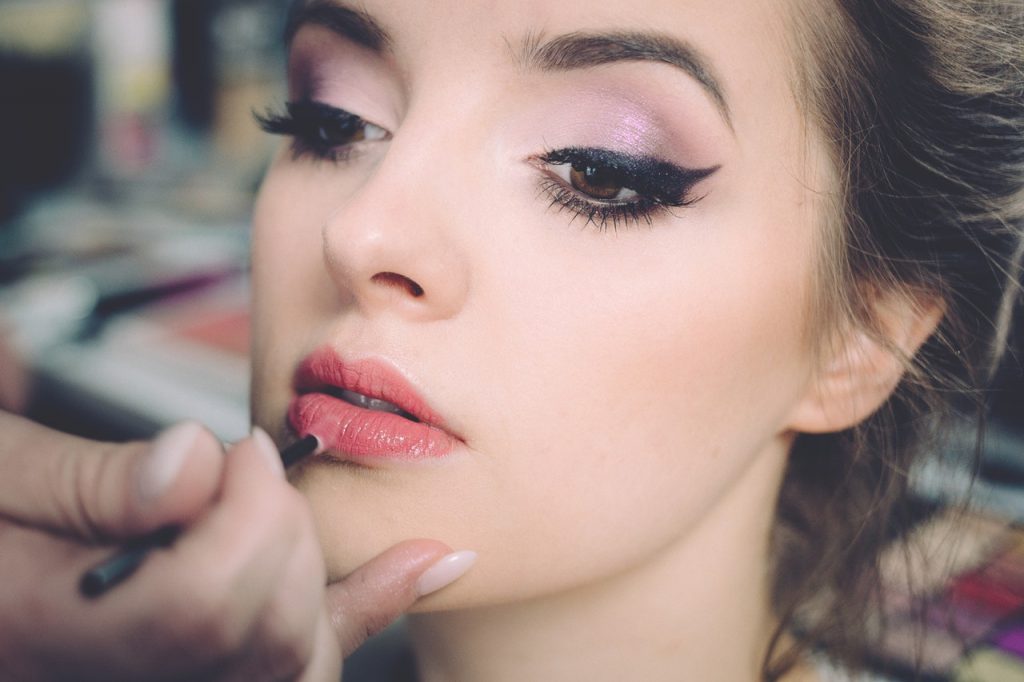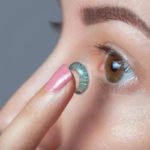
It’s never been easy being a teenager, but in this day and age, it’s even more challenging. The perception of beauty in women might always be evolving, but the pressures are still prevalent. Magazines and advertising have long been criticised for upholding unrealistic standards of beauty and success. These days, social media has been linked to low self-esteem and insecurity in the younger generation. Societal pressures are known as expectations that affect the entire community, or specific parts of it. The power of social pressure often causes people to change their perception of reality.
Social media reinforces those feelings of not being good enough. This could include feeling that you are not skinny, or tall enough, or that your hair isn’t thick enough, or your skin isn’t golden enough. Social media doesn’t induce those feelings, it heightens them, and this is toxic. In school, we are not taught these things. We are not taught that platforms such as Instagram or Facebook paint pictures of an unrealistic world. We are not taught that social media portrays someone’s life inaccurately and we are not taught to love and accept ourselves for who we are.
The number of teenagers getting cosmetic surgery is rising rapidly. As health care technology improves, cosmetic surgery has become more and more popular. The air compressor has provided medical grade air supply, fat freezing machines have been created, and doctors are more skilled the ever before. Surgeries that are most common or are growing in popularity include procedures like breast augmentations, nose reshaping procedures, liposuction, and tummy tucks. Teenagers frequently gain self-esteem and confidence when their physical problems are corrected. In fact, successful plastic surgery stories may reverse the social withdrawal that accompanies teens that feel different or excluded. Younger audiences that are wanting to have plastic surgery often have very different motivations and mentalities than those of adults. Arguably, physical characteristics that are viewed as ‘flawed’, and that are left unattended, can cause many mental health challenges into one’s adulthood. However, whether or not plastic surgery actually improves self-confidence is a matter of opinion. One thing for sure is that social media places unwanted pressures on teenagers, which acts as a form of encouragement to proceed with cosmetic surgery.
Although difficult, younger people need to remind themselves that images on social media are carefully chosen, filtered, edited, and adjusted to produce the best possible result. Therefore, this forms a skewed version of reality. However, this understanding doesn’t lessen the impact these images have on the perception of how an individual views themself in the mirror. As social media is heavily shaping of our lives, comparisons will continue to be made, and the younger generation will seek answers from plastic surgery to solve their problems of insecurity. Body positivity, size acceptance, and fat activism are now part of the cultural lexicon and it is a reflection of a push for a change in our society.

Normalising ideas as simple as promoting plus-size models, brands offering larger sizing options for their clothes, and eliminating unrealistic expectations, is slowly being adopted by the world of social media. However, the rapidly rising statistics associated with plastic surgery say otherwise. It has not only become trendy, but extremely popular amongst young females especially. Doctors who perform cosmetic surgeries point to a number of reasons why people preach ‘don’t let anyone judge your appearance’, yet still save up the money to change their own appearances. When you think back to 10 or even 20 years ago, it would be rare to see yourself in pictures. A wedding or birthday here and there, or some special type of event; but now with mobile devices and social media platforms, we are seeing hundreds and thousands of pictures of ourselves. This leaves more room for us to critique ourselves and see the things we don’t like. We are under constant scrutiny from our own minds.
Growing acceptance of plastic surgery or non-invasive cosmetic procedures is another reason why cosmetic surgery has increased in popularity. With the rise of social media, people are documenting and videoing themselves in the recovery room, posting about what they went through, sending pictures to friends and uploading images with bandages. People are much more comfortable owning their self-care rituals, even if that involves knives and needles.
It is a credit to millennials that they are owning up to their self-improvements at least. They don’t feel as though they have to apologise for the decisions that they make for themselves. These days, the younger generations commend one another for going ahead with surgery or any type of procedure which may boost their confidence. While it is positive to see that individuals in the public eye are not creating a false reality as to how they look, these procedures can still be detrimental to younger individuals that look up to these people. Others argue that people should be able to freely go ahead with procedures such as a fat transfer to the buttocks region if that is what they want to do.
Aside from the purpose of changing physical appearance, there are some health benefits to cosmetic surgery. Botox, for instance, has been shown to help with conditions such as chronic migraines, excessive sweating, and even major depression. Women who choose to undertake a breast reduction or breast implant removal often get relief from back problems or pain, for example. Other individuals seek plastic surgery as a way to cut off extra skin that causes severe rashes and infections after significant weight loss. Even eyelid surgery can improve vision problems and make you more alert. And whilst plastic surgery does not eliminate any diseases, the impact and psychological benefits of most cosmetic treatments can be extraordinary.
The psychological effects of aesthetic surgery show positive outcomes and improvements across areas including anxiety, social phobia, body dysmorphia, depression, quality of life, mental and physical health, and self-esteem. So whether you agree with cosmetic surgery or not, there is no arguing the fact that this industry is rapidly growing. The increase of technology including air compressor services for medical facilities, highly specialised health care machinery and our increased medical knowledge have all contributed to the rise of cosmetic surgery. While cosmetic procedures may not be for some, others can greatly benefit. It is a matter of assessing the individual and weighing up the risks and benefits. We all have the choice to decide what is best for ourselves.









